10 Applications of Artificial Intelligence in Health Care
Advertisement
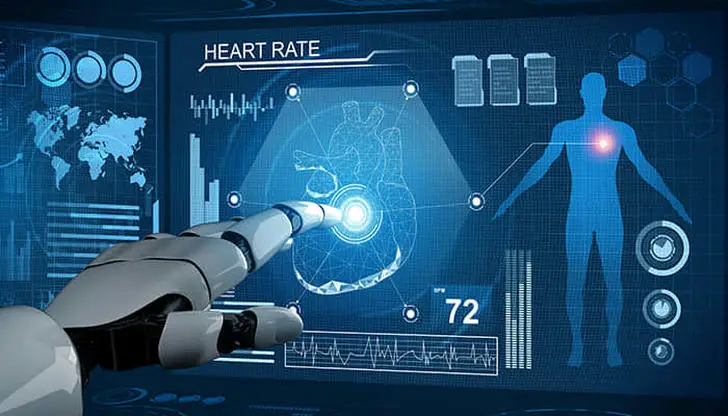
Artificial Intelligence (AI), as a new influx of technology in the Information Age, has made a major impact across a myriad of industries, and healthcare is no different. Once AI was only a dream, nowadays this trending technology has become a part of our daily lives in ways we never have imagined, especially in the case of automation, machine learning, and doctors, hospitals, insurance companies, and industries with ties to healthcare.
Many reports from CB Insights have concluded that there is a great spending increased in using artificial intelligence technology to healthcare. Here we list various uses of Artificial Intelligence in different areas.
1.Managing Medical Records and Other Data
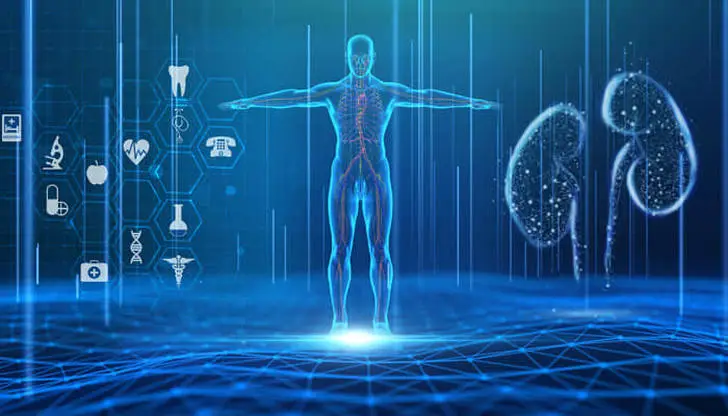
It has long been viewed patient medical records as inflexible, difficult to use. However, those compiling and analyzing information are very important in improving the patient experience throughout their care journey. The doctors need these information to make evaluation and good decision on patients treatment.
Artificial intelligence and digital automation just play a critical role on data management. And it is the most widely used in this area.
2.Doing Repetitive Jobs
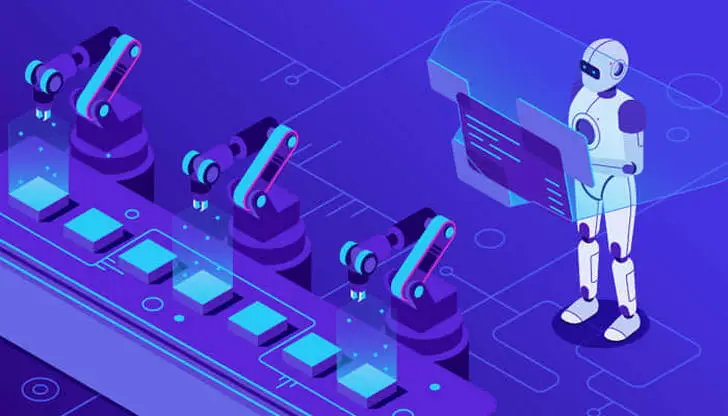
One of the benefits of AI for business is that it handles repetitive tasks across an organization so that employees can focus on creative solutions, complex problem solving, and impact work. Nowadays, such work like: X-Rays, CT scans, data entry, we can use robots to do it, due to their high effectiveness and accurate analyzing.
3.Providing Treatment Design
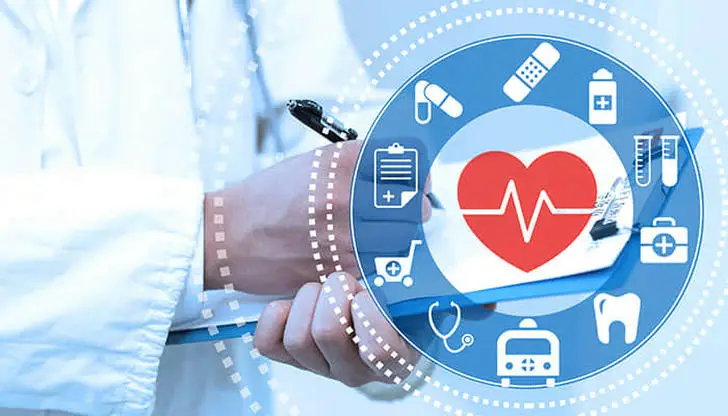
It sounds obvious that no patient is the same. Yet often doctors treat patients with the same diagnosis in a similar way. If doctor turns to AI, the artificial intelligence systems will be easier to create the customized treatments for different patients with the exact diagnosis by analyzing data, notes and reports from a patient’s file, external research, and clinical expertise.
4.Offering Digital Consultation
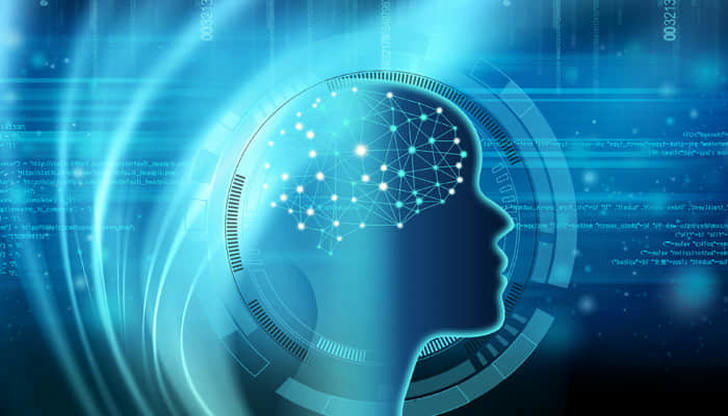
As the developing of technology in AI, many apps have been created to help give patients medical consultation based on personal medical history or symptoms. Users just need to provide their symptoms into the app and fill into their medical history, the apps will base on personal medical history and common medical knowledge and finally offer a digital solution.
5.Being Virtual Nurses
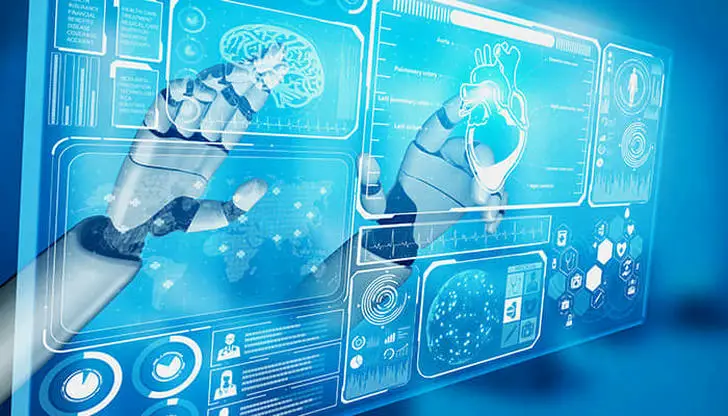
Some Apps have created a digital nurse to help people monitor patient’s condition and follow up with treatments, between doctor visits. Especially in some condition, some patients are suggested to stay at home, but the patients live far away from hospital.
At this time, a virtual nurse will help a lot. Those virtual nurses can offer basic health information and advice for patients and answer questions about medications and whether symptoms require a doctor visit.
6.Medication Management
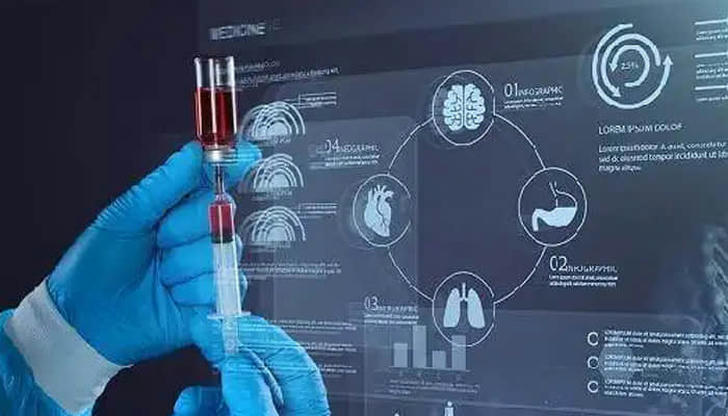
AI can take great role in monitoring the use of medication by a patient, a doctor, a hospital, even a country. If it is widely used in this area, many illegal medicine path can be avoided. In addition, AI technology can autonomously confirm if a doctor gives a suitable prescription on some special medicine with patients. Thus, patients will get some beneficial feedback, guidance and support for staying healthy.
7.Drug Creation
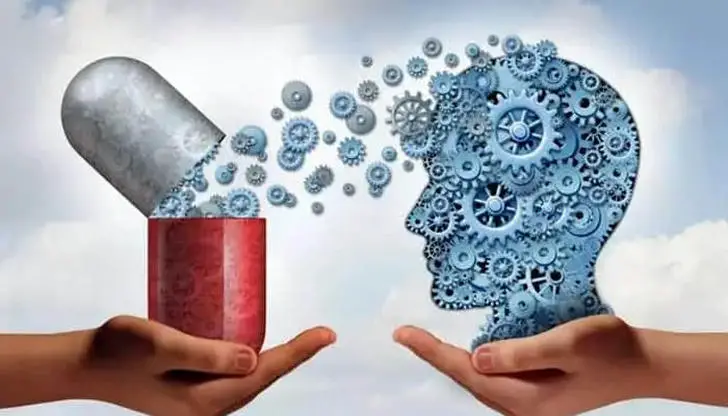
AI can deliver a new path for drug creation with better success rates, and quicker and cheaper discovery processes. Actually a huge amount is invested in traditional dug creation. And it also takes a long time.
In particular, if human meet with some infection disease, it will generally take months or years without AI’s help. To some extent, it means saving thousands of lives.
8.Precision Medicine

Precision medicine in the era of artificial intelligence is widely used in the implications in chronic disease management. In most cases, some diseases by genetics and genomics mutations. If we use AI technology, it can spot cancer and vascular diseases early and predict the health issues people might face based on their genetics.
9.Health Monitoring
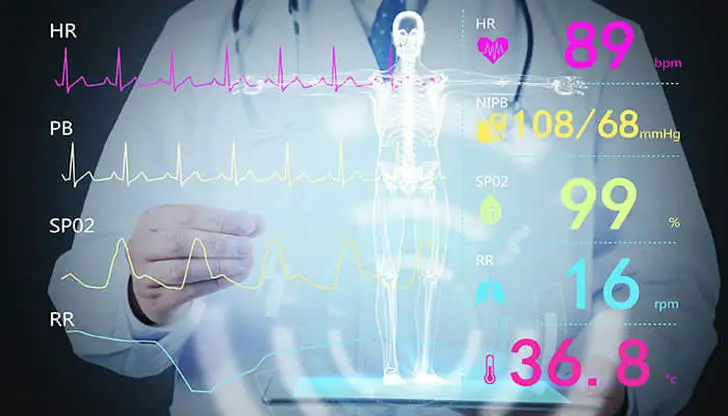
Nowadays, there are many wearable health trackers, especially for some people with heart diseases. It can monitor heart rate. Meanwhile, it can send alerts to the user to get moderate exercise and share this information to your family or doctors for additional data points on the needs and habits of patients.
10.Healthcare System Analysis
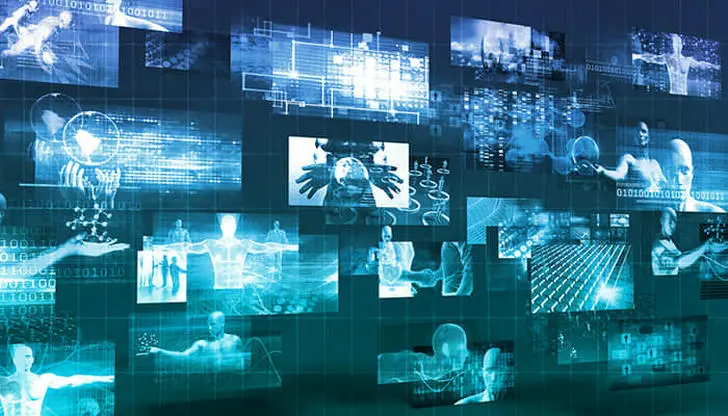
According to some data, many countries regard AI as a solution to offer the healthcare industry. Such as using digital healthcare invoices, recording treatments in different patients. AI really provides a large healthcare system to avoid unnecessary patient hospitalizations. It helps save time, lower costs, and increase accuracy as much as possible.



